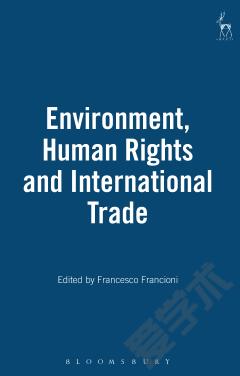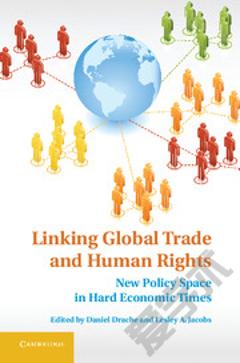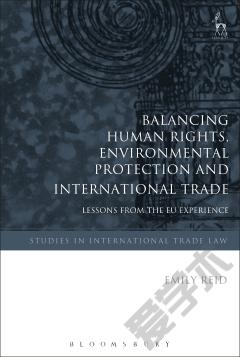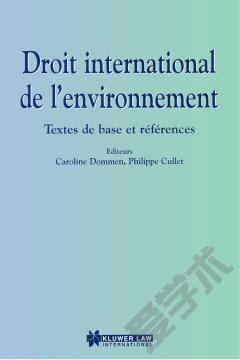Environment, Human Rights and International Trade
After the completion of the Uruguay Round and the adoption of the 1994 agreement establishing the WTO,the place of international trade in the context of the international legal order has radically changed. International trade law has become a subject of wide-spread interest, cutting across traditional boundaries, and engaging diverse political and legal concerns. One consquence of this development is increasing concern with the legitimacy of the WTO process, which in turn has led to the WTO becoming the focus of rancorous protest by, among others, environmental NGOs, trade unions, and human rights activists. This collection of essays by leading scholars and lawyers engaged in the policy-making process, addresses the underlying tensions and dilemmas of the WTO process and its impact upon the environment and human rights in particular. The contributors search for a balance between, on the one hand, legitimate free trade interests and, on the other, the role and limits of unilateral measures as an instrument to protect non-commercial values. The essays thus range over a host of topical questions including: trade in GMOs, biosafety in intellectual property rights, technology transfer and environmental protection, trade and labour rights, child labour standards, the EU and WTO, MERCOSUR, and many other topics. The contributors include: Thomas Schoenbaum, Andrea Bianchi, Chris McCrudden, Michael Spence, Sarah Cleveland, Patricia Hansen, Riccardo Pavoni, and Francesco Francioni.
{{comment.content}}








 京公网安备 11010802027623号
京公网安备 11010802027623号